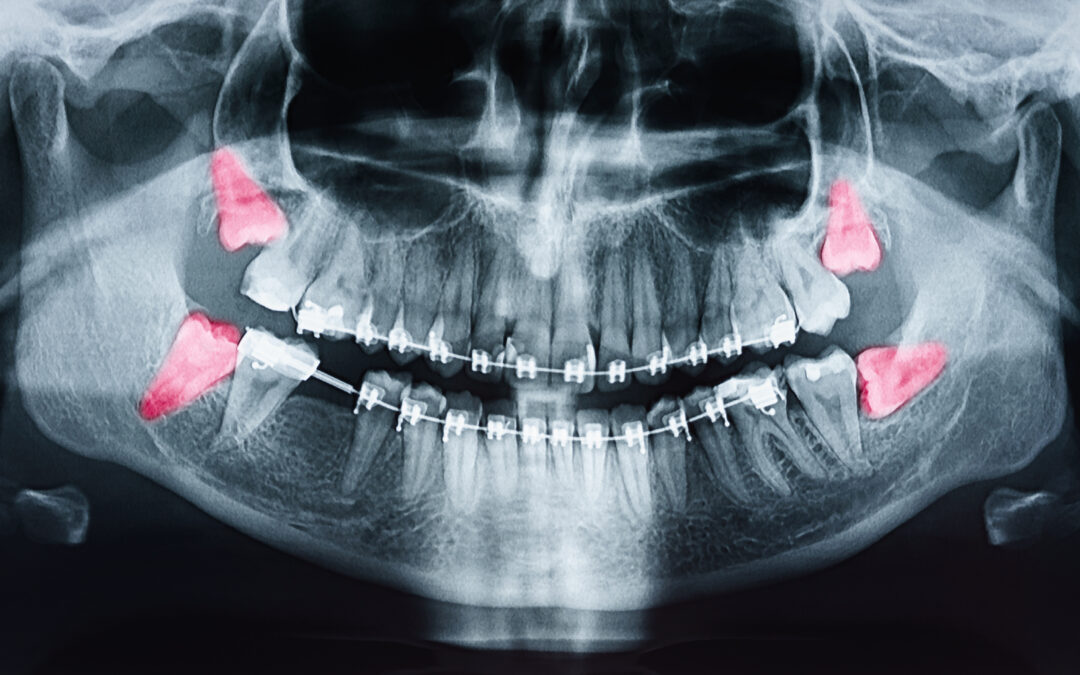If you’ve been advised to get your wisdom teeth removed in Uxbridge, you might be feeling a mix of anxiety and curiosity. At Uxbridge Dental Care, we want to provide as much information as possible to help you understand the process, ease your worries, and prepare you for the experience. Here’s a general breakdown of what to expect before, during, and after your wisdom tooth extraction.
Understanding Wisdom Teeth
Wisdom teeth, or third molars, usually emerge in late adolescence or early adulthood. For many, these teeth can cause crowding, impaction, or infection. If your dentist or oral surgeon recommends extraction, it’s typically for your dental health and comfort.
Before the Procedure
- Consultation: You’ll start with a consultation, during which your dentist will assess your teeth through X-rays. They’ll then discuss the extraction process, any necessary sedation options, and potential risks.
- Preparation: Your dentist will provide specific instructions to follow before the procedure, such as fasting if you’re receiving sedation. Arrange for a ride home, as you may feel groggy afterward.
- Anxiety Management: It’s normal to feel anxious. Talk to your dentist about your concerns; they can suggest strategies to help you feel more at ease.
During the Procedure
- Anesthesia: Depending on the complexity of the extraction and your comfort level, you’ll receive local anesthesia, sedation, or general anesthesia. This ensures you feel minimal discomfort during the procedure and is dependent on each patient.
- Extraction: The dentist will carefully remove the wisdom tooth. If it’s impacted, they may need to make an incision in the gum or remove bone. The procedure typically takes 30 minutes to an hour.
- Post-Extraction Care: Once the extraction is complete, your dentist will provide gauze to help control bleeding and may prescribe pain medication or antibiotics if necessary.
After the Procedure
- Recovery Time: You’ll spend some time in the recovery area as the anesthesia wears off. It’s normal to feel groggy, so take it easy.
- Discomfort and Swelling: Expect some pain and swelling in the first few days. Ice packs can help reduce swelling, and over-the-counter pain relievers or prescribed medication can manage discomfort.
- Diet Adjustments: Stick to soft foods like yogurt, smoothies, and mashed potatoes for the first few days. Avoid hard, crunchy, or spicy foods, as well as straws, which can dislodge blood clots and delay healing.
- Oral Hygiene: Keep your mouth clean but be gentle around the extraction site. Your dentist will provide guidelines for rinsing and brushing during recovery.
- Watch for Complications: While most recoveries go smoothly, be vigilant for signs of infection, such as increased pain, fever, or pus. Contact your dentist if you notice any concerning symptoms.
Follow-Up Appointment
A follow-up appointment may be scheduled to check your healing progress and remove any stitches if necessary. This is also a good opportunity to ask any lingering questions.
Conclusion
Getting your wisdom teeth removed doesn’t have to be a daunting experience. By knowing what to expect, you can feel more prepared and confident. With proper care and attention to your dentist’s instructions, you’ll be on your way to a smooth recovery and a healthier smile. Remember, this procedure can be an important step in maintaining your oral health, so take it one step at a time, and soon enough, you’ll be back to your routine!
More questions? Uxbridge Dental Care is accepting new patients and we love to discuss oral health tips! Contact our office today at 905-493-6965 to schedule your appointment. We look forward to seeing you!

